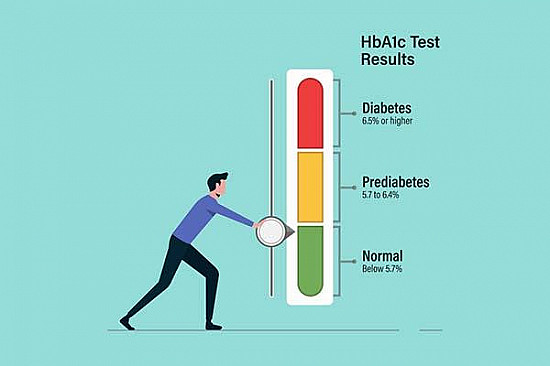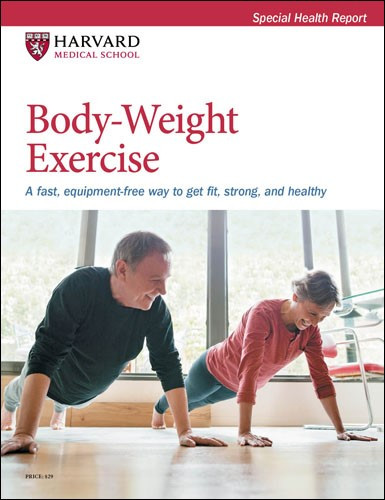Body roundness may beat body mass for identifying risky fat
In the journals
- Reviewed by Howard E. LeWine, MD, Chief Medical Editor, Harvard Health Publishing; Editorial Advisory Board Member, Harvard Health Publishing

Body roundness index (BRI) might be a more accurate measurement than body mass index (BMI) for predicting weight-related health risks, according to a study published online June 5, 2024, by JAMA Network Open.
BMI has long been the standard to classify a person's body weight as too low, normal, overweight, or obese. While BMI often reflects a person's body fat amount, it doesn't account for fat distribution or the amount of muscle mass. (Muscle weighs more than fat, and BMI can overestimate body fat in people with a lot of muscle.)
BRI addresses these shortcomings by focusing on a person's height, waist size, and hip size. By taking weight out of the equation, BRI provides a better indicator of how much belly fat (visceral fat) surrounds the organs inside the abdomen. High amounts of belly fat are linked to high blood pressure, heart disease, diabetes, and some cancers.
In the study, researchers recorded the BRIs of about 33,000 people and followed them for 20 years. They found that a higher BRI was associated with an increased risk of death during that period compared with a lower BRI.
For example, people with a BRI of 6.9 or higher had an almost 50% greater risk of early death compared with individuals with a BRI of 4.5 to 5.5. On the other end of the spectrum, individuals ages 65 and older who had very low BRIs (less than 3.4) also had a higher risk of early death. That's not surprising, because a too-low number often means the person is malnourished or has a significant medical condition causing weight loss.
Image: © Ableimages/Getty Images
About the Author

Matthew Solan, Former Executive Editor, Harvard Men's Health Watch
About the Reviewer

Howard E. LeWine, MD, Chief Medical Editor, Harvard Health Publishing; Editorial Advisory Board Member, Harvard Health Publishing
Disclaimer:
As a service to our readers, Harvard Health Publishing provides access to our library of archived content. Please note the date of last review or update on all articles.
No content on this site, regardless of date, should ever be used as a substitute for direct medical advice from your doctor or other qualified clinician.
















